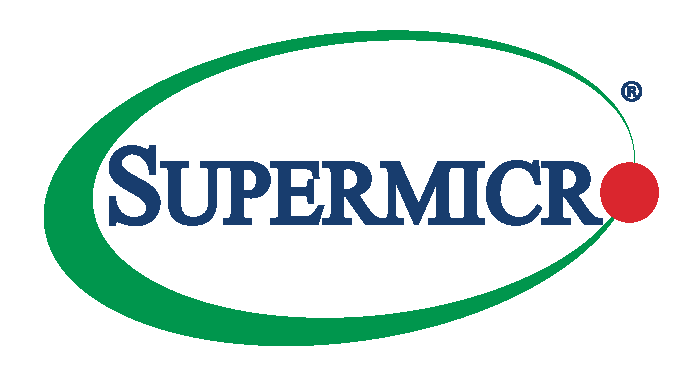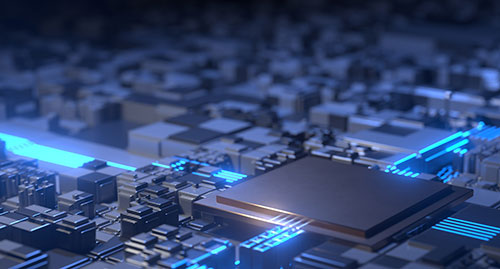Specifying AMD EPYC processors for your customers is a great first step. The vital second step is choosing the right AMD EPYC processor series for each customer’s unique requirements. It’s not a case of one-size-fits-all.
That’s because AMD designed its 4th generation EPYC processors to address a variety of workloads. These range from general-purpose computing to high-performance data center, AI and the edge.
The AMD server processor portfolio also focuses on energy efficiency, security and what the company calls leadership performance. The latter has allowed AMD to achieve more than 300 world records across industry benchmarks.
Four ways to go
Fortunately, selecting the right AMD 4th gen EPYC CPU isn’t that complicated. The company has organized its server CPUs into just 4 groups.
Each group offers a selection of speeds, core counts, cache sizes, and thermal design power (TDP) best suited to specific tasks including design simulation and cloud computing.
1) AMD EPYC 9004 Series processors: general purpose & enterprise computing
AMD counts the EPYC 9004 Series as its flagship CPU. These server processors are designed to accelerate workloads and speed results for business-critical applications in both enterprise data centers and the cloud.
AMD says the EPYC 9004 series speeds time-to-market by 2.1x and performance-per-system-watt by 2.7x, helping to lower server energy costs.
2) AMD EPYC 9004 Series processors with AMD 3D V-Cache technology: technical computing
Your customers can deploy AMD EPYC 9004 Series processors with AMD 3D V-Cache Technology to meet complex design and simulation challenges. Breakthrough performance comes courtesy of up to 96 ‘Zen 4’ cores and a ground-breaking 1152MB of L3 cache per socket.
These processors are arguably some of the most powerful in the world. They can help your customers accelerate product design even as they help reduce both capital and operational expenditures.
3) AMD EPYC 97x4 Series processors: cloud-native computing
System-level thread density, extensive x86 software compatibility, and a full ecosystem of services make the AMD EPYC 97x4 Series processors ideal for cloud-native environments. Customers focused on performance and energy efficiency can deploy this 4th gen AMD silicon to foster cloud-native work-load growth and infrastructure consolidation.
The 97x4 series includes 3 models with up to 128 cores operating at 2.25GHz. Each has a 256MB L3 cache and a TDP between 320W and 360W.
All 3 processors in this series support a suite of hardware-level security features called AMD Infinity Guard. They also support AMD Infinity Architecture, which lets system builders and cloud architects get maximum power while still ensuring security.
4) AMD EPYC 8004 Series Processors: cloud services, intelligent edge & telco
If your customers are looking for a highly energy-efficient CPU for single-socket platforms, AMD’s EPYC 8004 processors may be the right fit.
AMD engineered this series to power intelligent edge and telco servers like the Supermicro H13 WIO. As such, the processors are designed for space- and power-constrained deployments. Combined with their ability to provide performance in a power envelope as low as 70 watts, the 8004 series is ideally suited to the task.
Your customers can choose from models with 8, 16, 24, 48 or 64 ‘Zen 4c’ cores. The cores are supported by up to 1.152GB of DDR5 memory and up to 128MB of L3 cache.
Right tool for the job
Considering the total cost of ownership (TCO) when deploying a local or remote data center is essential. Choosing a processor well-suited to your customer’s workload can help them save time and money in the long run.
AMD’s 4th generation EPYC processor series includes a wide array of options. Your mission, should you choose to accept it, is to pick the CPU that best suits your customer’s needs.
Good luck!
Do more:
- Explore AMD 4th gen EPYC processors
- Check out AMD EPYC 8004 & 9004 Series processors
- Learn more about AMD 3D V-Cache technology



